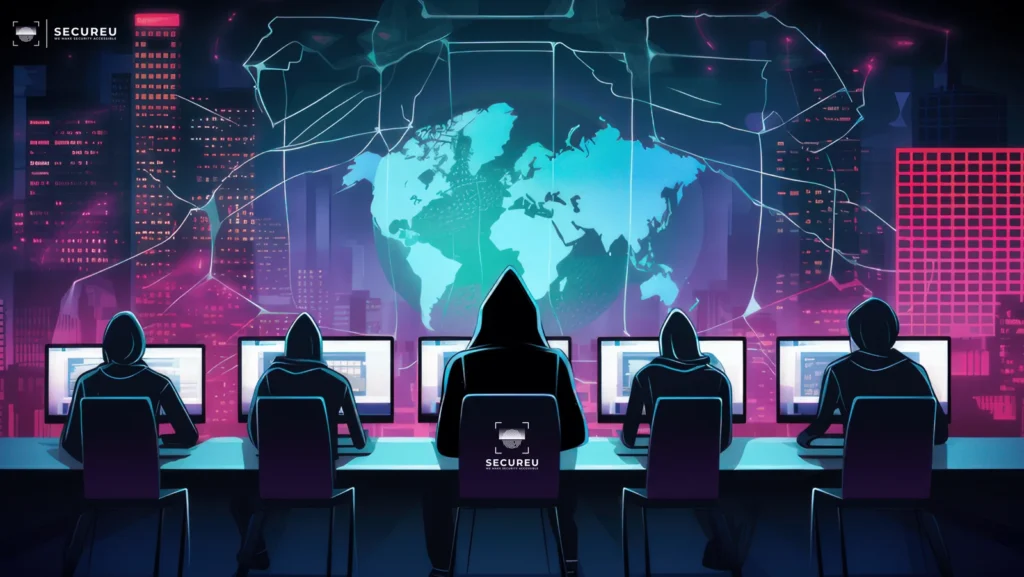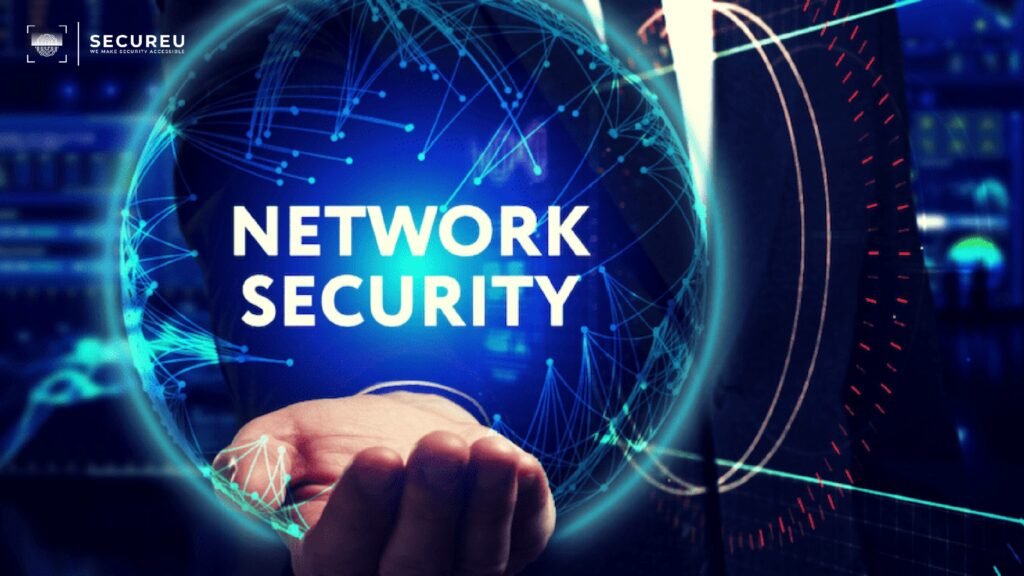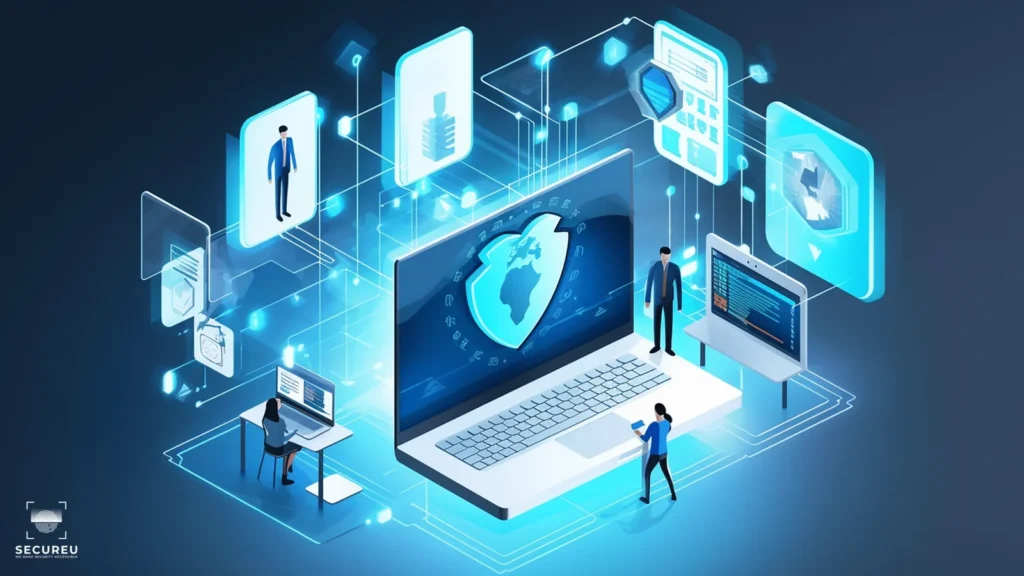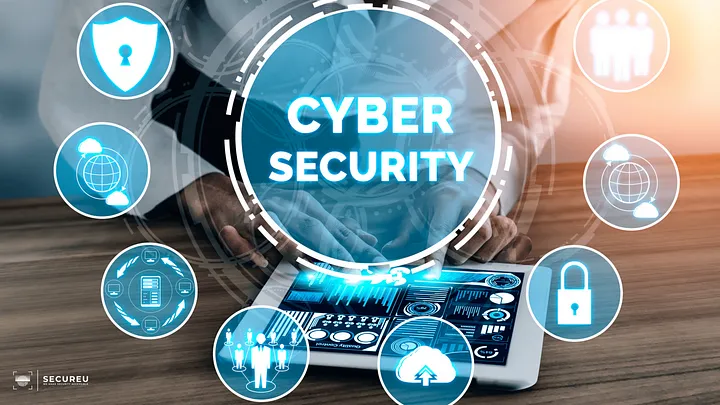Bridging the Gap: How Data Loss Prevention Strengthens Cyber Insurance Portfolios
Introduction Cybersecurity is much more than a matter of IT. It’s an essential part of business continuity and insurance against digital risks. Businesses need to understand that protecting their data is not optional, it’s imperative to survival. Investing in comprehensive data protection and insurance strategies is not just about safeguarding information, but about ensuring the future of the organization.” – Robert Herjavec, CEO of Herjavec Group As cyber threats have been becoming more sophisticated and prevalent, organizations face immense pressure to protect their digital assets. The importance of cyber insurance as a risk management tool is now greater than ever before. At the core of this protection, Data Loss Prevention (DLP), is a critical component that can significantly strengthen cyber insurance portfolios. When DLP is integrated with other security measures such as Endpoint Protection, Vulnerability Assessment, Penetration Testing, DevSecOps, Secure Architecture Design, Email Security, API Security, and Website Security, businesses can not only mitigate risks, but also enhance their insurance profiles. The Role of Data Loss Prevention (DLP) Data Loss Prevention is a set of technologies and processes that have been designed to detect and prevent unauthorized access, transmission, and use of sensitive information. DLP solutions are absolutely essential in keeping an organization’s data safe from external as well as internal threats. Through the use of DLP, companies are able to ensure that critical data is not lost, misused, or accessed by unauthorized individuals and threat actors. This helps organizations maintain data integrity and compliance with regulations. Statistics: A report by Varonis indicates that 53% of companies have over 1,000 sensitive files open to all employees, highlighting the need for effective DLP solutions. Key Benefits of DLP Complementary Security Measures As essential as DLP is, it works best when it has been integrated with complementary security measures. Let’s take a look at how each of these measures contributes to a resilient cybersecurity strategy: Endpoint Protection Endpoint Protection secures endpoint devices such as laptops, desktops, and mobile devices. When combined with DLP, Endpoint Protection ensures that data remains secure, even at the endpoints where data breaches usually occur. Statistics:According to a study by Ponemon Institute, 68% of organizations have experienced one or more endpoint attacks that compromised data and/or IT infrastructure. Vulnerability Assessment and Penetration Testing In order to identify and mitigate security weaknesses before they can be exploited, regular Vulnerability Assessments and Penetration Testing are essential. DLP is complemented by these assessments. They ensure that the data protection mechanisms are not bypassed by vulnerabilities in other parts of the system. DevSecOps DevSecOps integrated security practices into the software development life-cycle. When Data Loss Prevention is embedded into DevSecOps practices, organizations can guarantee that data protection is a consideration right from the start of the development process. This approach can reduce the possibility of data breaches happening due to insecure code or development practices. Secure Architecture Design Secure Architecture Design consists of building systems with security as the foundational principle. Incorporating Data Loss Prevention into the architecture makes sure that data protection is an integral part of the system’s design. According to a study conducted by ISACA, 50% of organizations consider secure architecture as a critical component of their cybersecurity strategy. Email Security Emails are a common vector for cyber attacks, which is why email security is crucial. If organizations integrate DLP with email security, they can prevent sensitive information from being inadvertently or maliciously sent outside the organization. Statistics:The Radicati Group’s Email Statistics Report highlights that over 90% of cyberattacks start with an email. Case Study: Email Security Breach at an IT Management Company in 2020 In December 2020, a major cybersecurity incident involving a prominent IT management company, came to light. Attackers compromised the company’s Orion software, which was used by many organizations worldwide, including government agencies and private companies. The breach led to significant data exposure and disruptions, particularly through compromised email systems.(SOURCE: 1, 2) API Security APIs are indispensable to modern applications. However, they also pose a significant security risk if they are not secured properly. Data Loss Prevention solutions can monitor and protect the data that is transmitted through APIs, thus ensuring the protection of sensitive information. Gartner predicts that by 2022, API abuses will be the most frequent attack vector resulting in data breaches. Website Security Website Security helps organizations protect themselves against attacks that target web applications. Implementing DLP with website security measures ensures that data that is processed and stored by web applications is safeguarded. According to a 2021 – 2022 report by Positive Technologies, 17 percent of all attacks involved exploitation of vulnerabilities and security flaws in web applications. What Are Cyber Insurance Portfolios? Cyber insurance portfolios are a collection of cyber insurance policies that are held by an organization to effectively manage and mitigate cyber risks. These portfolios are tailored to meet the specific cybersecurity needs and risk profiles of the organization. They take into account factors such as industry sector, size, revenue, and data sensitivity. Statistics:According to IBM’s Cost of a Data Breach Report 2020, the average cost of a data breach is $3.86 million, emphasizing the financial impact of inadequate data protection . Components of Cyber Insurance Portfolios
Bridging the Gap: How Data Loss Prevention Strengthens Cyber Insurance Portfolios Read More »
Introduction Cybersecurity is much more than a matter of IT. It’s an essential part of business continuity and insurance against digital risks. Businesses need to understand that protecting their data is not optional, it’s imperative to survival. Investing in comprehensive data protection and insurance strategies is not just about safeguarding information, but about ensuring the future of the organization.” – Robert Herjavec, CEO of Herjavec Group As cyber threats have been becoming more sophisticated and prevalent, organizations face immense pressure to protect their digital assets. The importance of cyber insurance as a risk management tool is now greater than ever before. At the core of this protection, Data Loss Prevention (DLP), is a critical component that can significantly strengthen cyber insurance portfolios. When DLP is integrated with other security measures such as Endpoint Protection, Vulnerability Assessment, Penetration Testing, DevSecOps, Secure Architecture Design, Email Security, API Security, and Website Security, businesses can not only mitigate risks, but also enhance their insurance profiles. The Role of Data Loss Prevention (DLP) Data Loss Prevention is a set of technologies and processes that have been designed to detect and prevent unauthorized access, transmission, and use of sensitive information. DLP solutions are absolutely essential in keeping an organization’s data safe from external as well as internal threats. Through the use of DLP, companies are able to ensure that critical data is not lost, misused, or accessed by unauthorized individuals and threat actors. This helps organizations maintain data integrity and compliance with regulations. Statistics: A report by Varonis indicates that 53% of companies have over 1,000 sensitive files open to all employees, highlighting the need for effective DLP solutions. Key Benefits of DLP Complementary Security Measures As essential as DLP is, it works best when it has been integrated with complementary security measures. Let’s take a look at how each of these measures contributes to a resilient cybersecurity strategy: Endpoint Protection Endpoint Protection secures endpoint devices such as laptops, desktops, and mobile devices. When combined with DLP, Endpoint Protection ensures that data remains secure, even at the endpoints where data breaches usually occur. Statistics:According to a study by Ponemon Institute, 68% of organizations have experienced one or more endpoint attacks that compromised data and/or IT infrastructure. Vulnerability Assessment and Penetration Testing In order to identify and mitigate security weaknesses before they can be exploited, regular Vulnerability Assessments and Penetration Testing are essential. DLP is complemented by these assessments. They ensure that the data protection mechanisms are not bypassed by vulnerabilities in other parts of the system. DevSecOps DevSecOps integrated security practices into the software development life-cycle. When Data Loss Prevention is embedded into DevSecOps practices, organizations can guarantee that data protection is a consideration right from the start of the development process. This approach can reduce the possibility of data breaches happening due to insecure code or development practices. Secure Architecture Design Secure Architecture Design consists of building systems with security as the foundational principle. Incorporating Data Loss Prevention into the architecture makes sure that data protection is an integral part of the system’s design. According to a study conducted by ISACA, 50% of organizations consider secure architecture as a critical component of their cybersecurity strategy. Email Security Emails are a common vector for cyber attacks, which is why email security is crucial. If organizations integrate DLP with email security, they can prevent sensitive information from being inadvertently or maliciously sent outside the organization. Statistics:The Radicati Group’s Email Statistics Report highlights that over 90% of cyberattacks start with an email. Case Study: Email Security Breach at an IT Management Company in 2020 In December 2020, a major cybersecurity incident involving a prominent IT management company, came to light. Attackers compromised the company’s Orion software, which was used by many organizations worldwide, including government agencies and private companies. The breach led to significant data exposure and disruptions, particularly through compromised email systems.(SOURCE: 1, 2) API Security APIs are indispensable to modern applications. However, they also pose a significant security risk if they are not secured properly. Data Loss Prevention solutions can monitor and protect the data that is transmitted through APIs, thus ensuring the protection of sensitive information. Gartner predicts that by 2022, API abuses will be the most frequent attack vector resulting in data breaches. Website Security Website Security helps organizations protect themselves against attacks that target web applications. Implementing DLP with website security measures ensures that data that is processed and stored by web applications is safeguarded. According to a 2021 – 2022 report by Positive Technologies, 17 percent of all attacks involved exploitation of vulnerabilities and security flaws in web applications. What Are Cyber Insurance Portfolios? Cyber insurance portfolios are a collection of cyber insurance policies that are held by an organization to effectively manage and mitigate cyber risks. These portfolios are tailored to meet the specific cybersecurity needs and risk profiles of the organization. They take into account factors such as industry sector, size, revenue, and data sensitivity. Statistics:According to IBM’s Cost of a Data Breach Report 2020, the average cost of a data breach is $3.86 million, emphasizing the financial impact of inadequate data protection . Components of Cyber Insurance Portfolios









